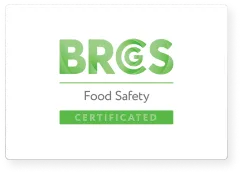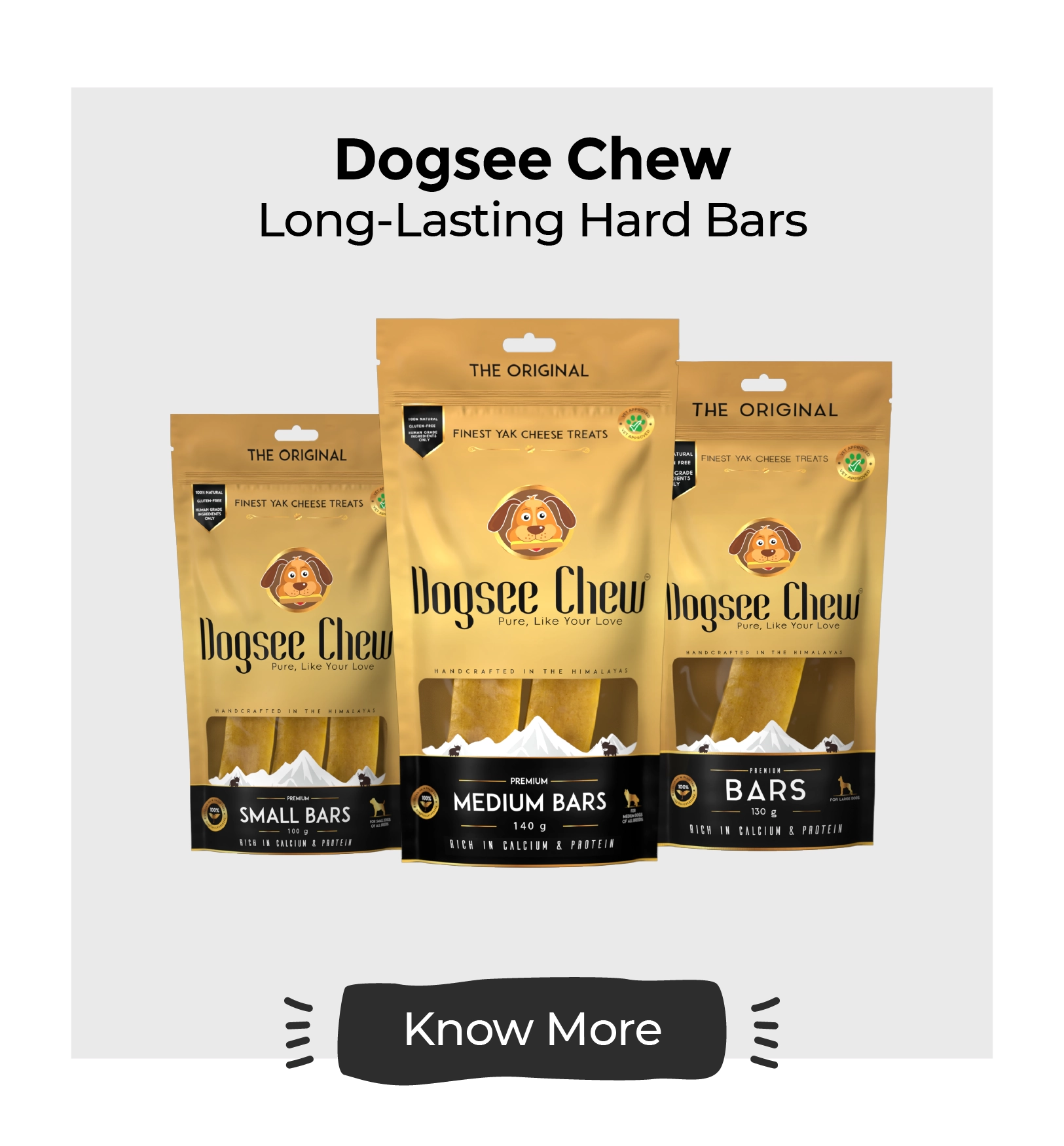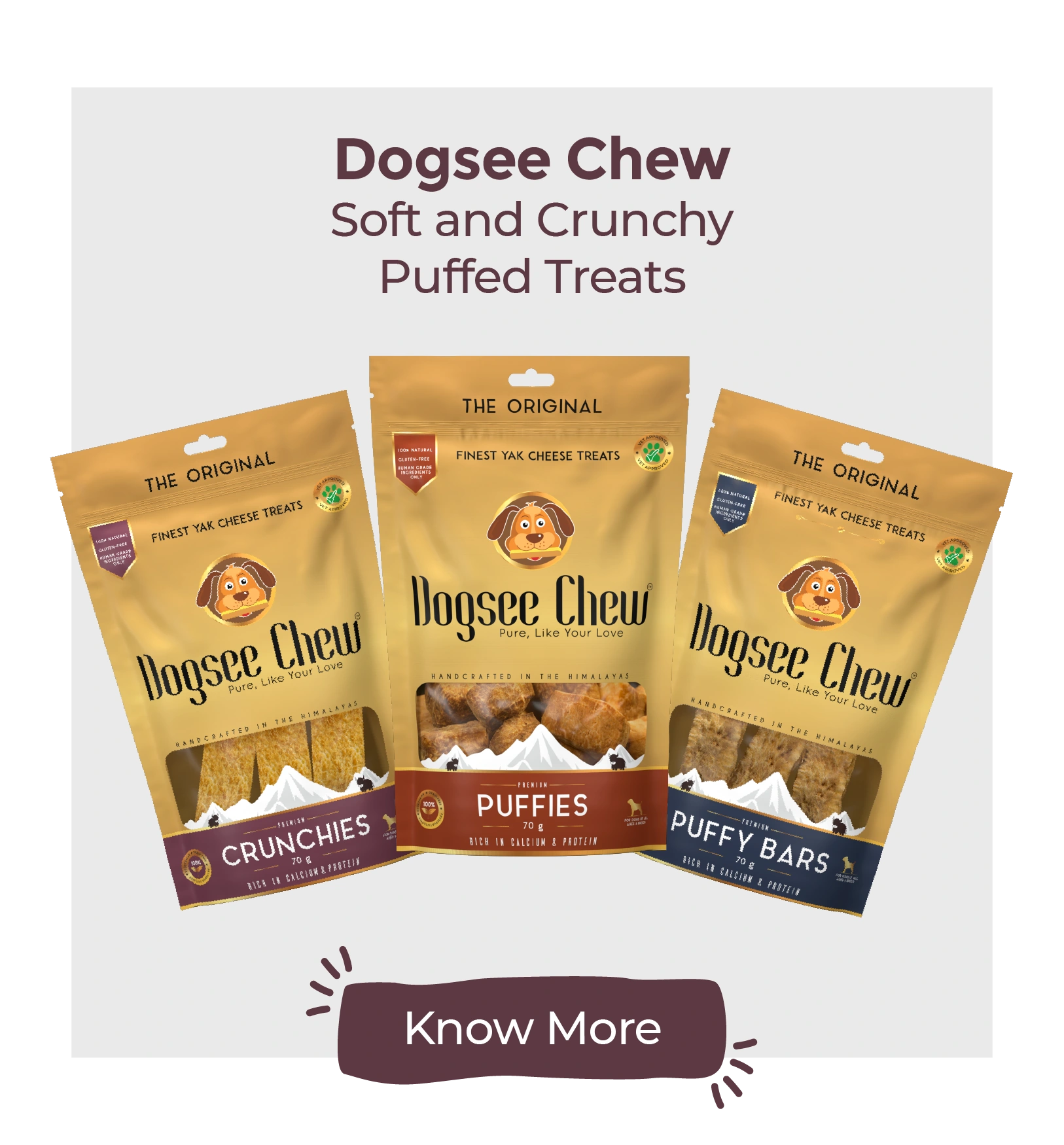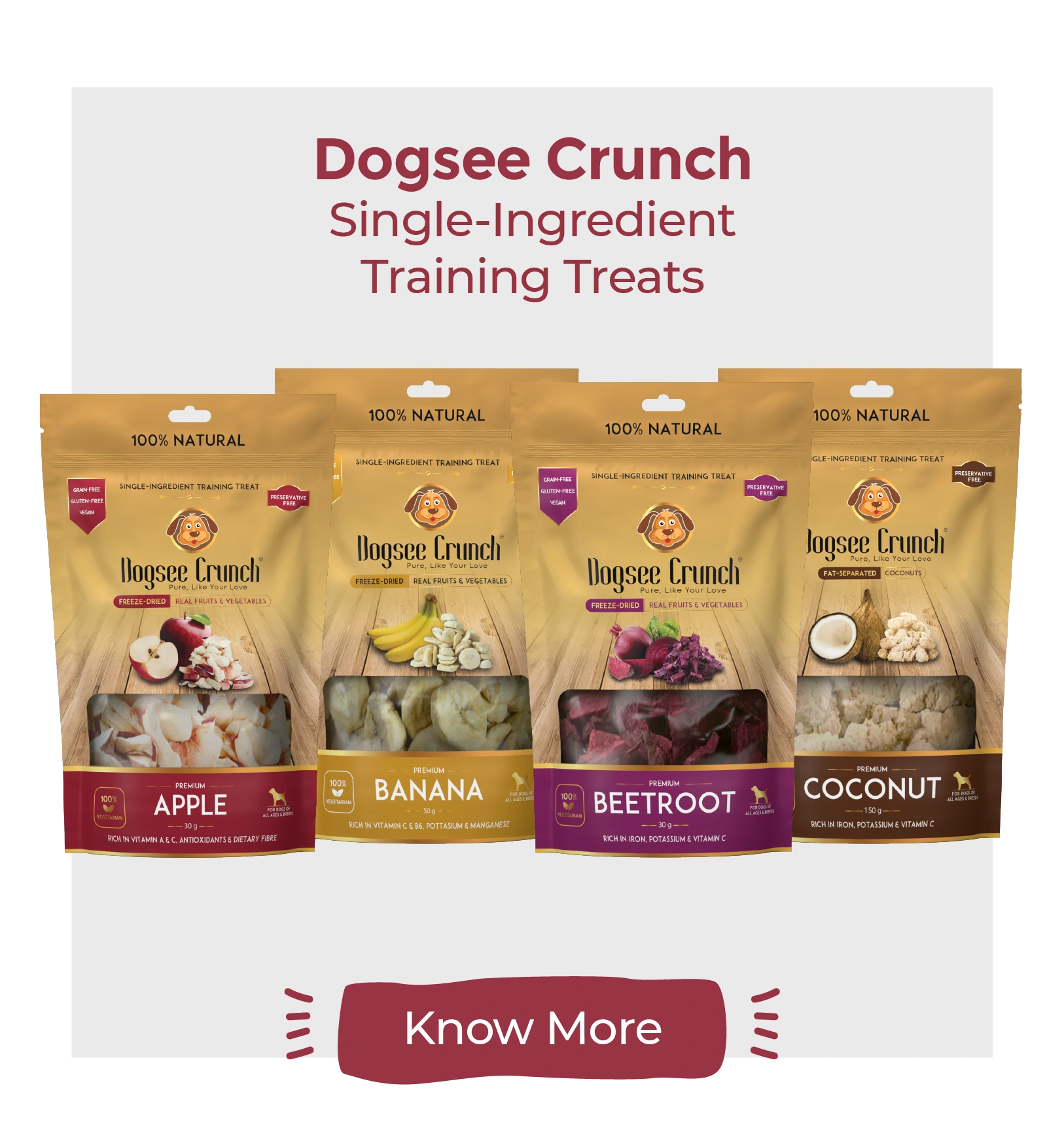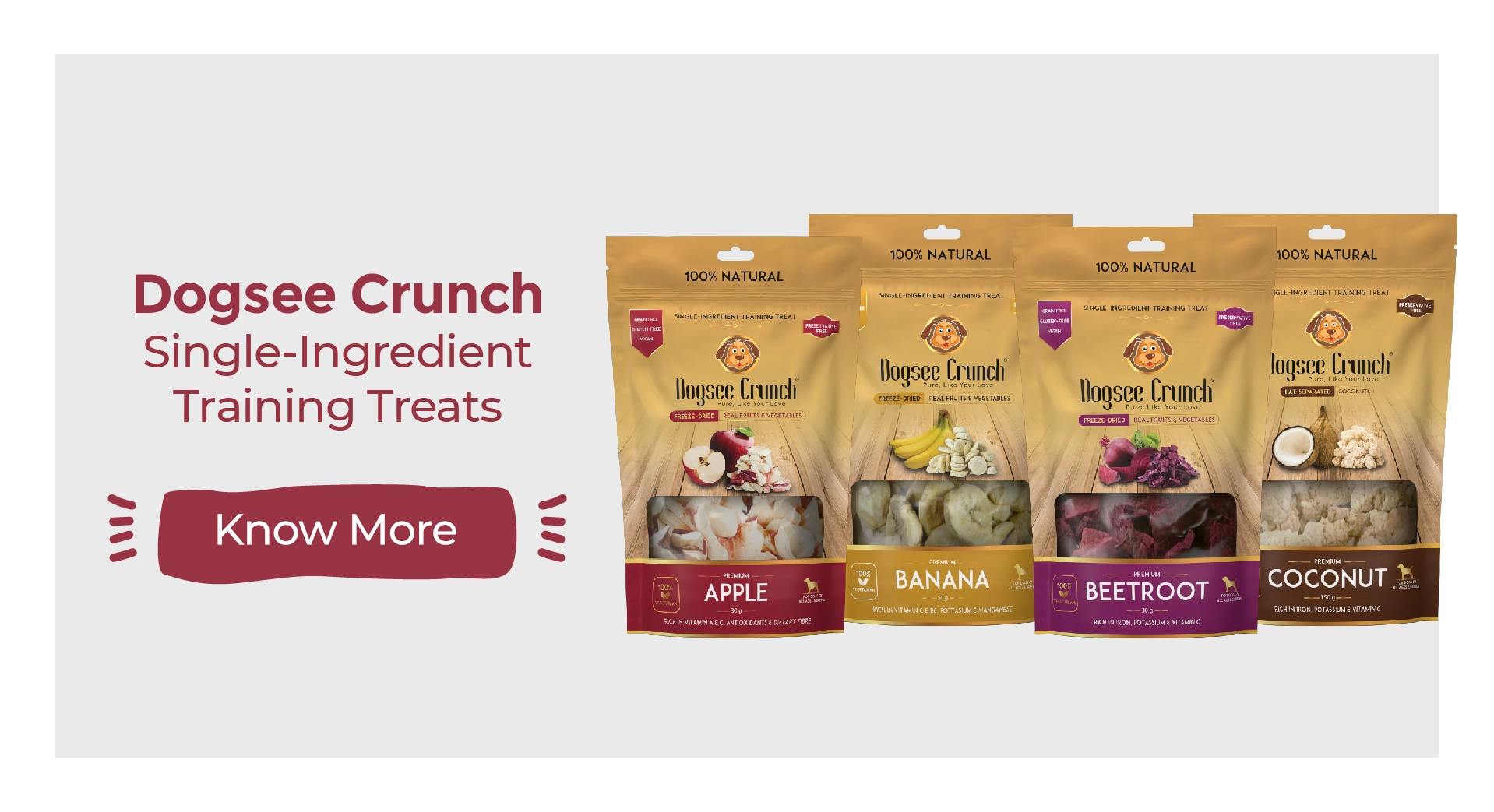
The Dogsee Story
Well! Who, if not Dogs, deserves the absolute best!?
In the spirit of providing the best of treats and care for their baby doggo, Mowgli - Sneh & Bhupi, Founders of Dogsee and organic food entrepreneurs from India - embarked upon a journey to the lush lands of the Himalayas.
A moment of sheer joy in the lap of the mountains - observing local gaddi dogs steal churpi - became a spark of inspiration. Thus, Dogsee was born with a promise to provide sustainably sourced Himalayan cheese treats to all the good bois and gurls.
What started as a brand for pet nutrition soon made foray into pet hygiene and pet play and we at Dogsee do not have plans to stop anytime soon. We will keep doing what’s best for our furry friends.
Since our launch in 2015, Dogsee has become the go-to pet care brand for 50M+ pet parents worldwide. This is our way to bring
India, to the World.
Since our launch in 2015, Dogsee has become the go-to pet care brand for 50M+ pet parents worldwide. This is our way to bring India, to the World.

What makes our cheese delicious?

What makes our cheese delicious?

What makes our cheese delicious?


100% Natural

Preservatives-Free

Human Grade

Vegetarian

Grain & Gluten-Free

Calcium and Protein-Rich

GLOBAL BEST SELLERS
Coming straight from the Himalayas, Dogsee Chew's Hard Bars are a 100% natural and reaaally long-lasting. These grain-free dog treats are super healthy dog chews, great to manage Plaque and Tartar.
OUR CERTIFICATIONS
Redefining Quality: Delivering Nature's Finest Globally




